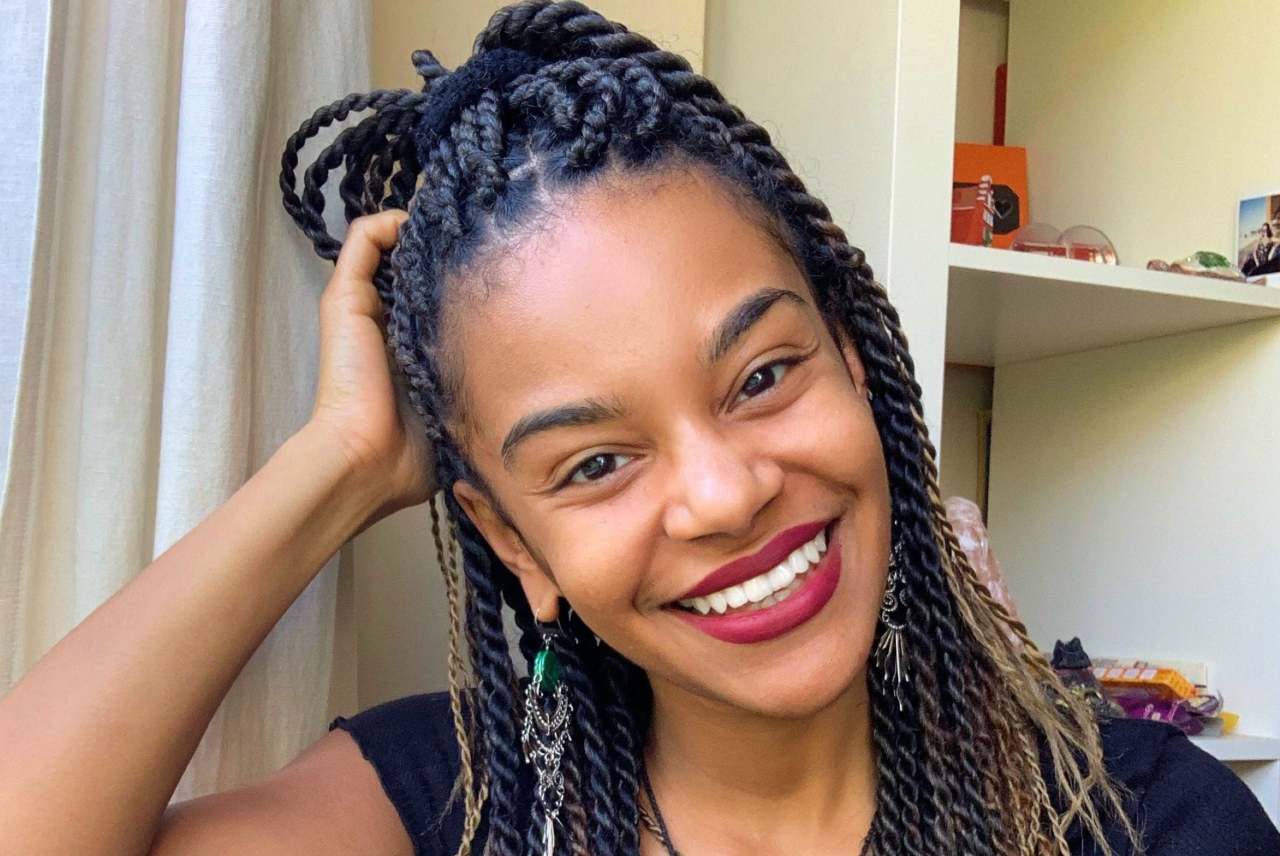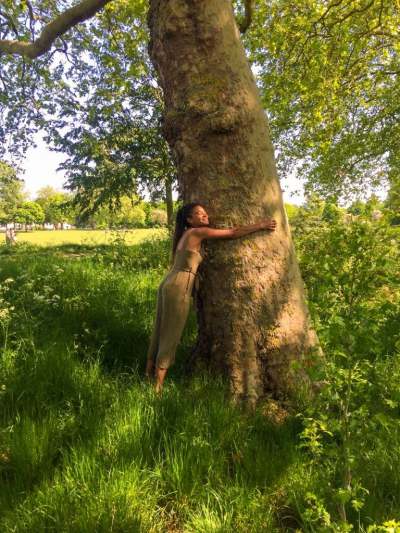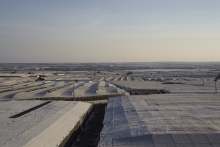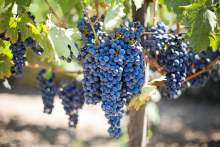For anyone looking to make changes to their lifestyle, what would be your recommendation for the best place to start?
Start with one aspect of your lifestyle to not get overwhelmed or frustrated, and to be able to make these changes long-term. Maybe take an individual carbon footprint test and choose the section with the biggest impact.
Next, take inventory of what you have at home, where you can make easy switches, and where you'd have to invest in something new. Then start implementing little habits into your life. If you start with your diet, get into the habit of cooking plant-based meals for yourself – even if it's just a couple per week initially; if it's minimizing your plastic usage, remember taking a tote bag, reusable water bottle or coffee cup (depending on your needs obviously) whenever you leave the house.
I talk about easy switches on my blog, too, and there are lots of resources on social media (Pinterest or Instagram are my favourite places to search for them). To find out whether a brand is ethical or sustainable, I always check the Ethical Consumer guides, which are super comprehensive.
We try to cover as much as we can when investigating ethical brands. When doing your own research for ethical brands, what do you look out for?
The more transparent the brand, the more ethical it is, I usually find. When a clothing brand doesn't disclose their manufacturing sites, or simply state the fabrics in materials used, with no mention of yarn, zips, buttons and things like that, it's usually a red flag. Other things to look out for are certifications; Fairtrade or Rainforest Alliance are indicators in food and drinks, Oekotex and Bluesign in fashion, for example.
And if I can't find any information on the brand's website, I simply send in my question via email or chat. That also shows them that this is something potential customers care about.
Are there any brands that you absolutely do not buy from and avoid at all costs?
I try and avoid Nestle; to me, they're basically the devil in the form of a conglomerate. The first scandal I heard about was their water scandal, where they commercialized fresh water sources to sell them in plastic bottles, despite droughts and indigenous tribes depending on them. Only much later did I learn about the baby milk scandal and all the other disgusting practices. And then they have the nerve to talk about ethics on their website...
But because they own so many other companies, it's pretty difficult to keep track of what brands are okay to buy, and which aren't, so the best way to avoid funding unethical practices is by supporting small, local businesses.
Are there any ethical brands that you’ve discovered over lockdown? What do you love about them?
I’ve not discovered them over lockdown, but it definitely made me appreciate them more: Who gives a crap! When the whole panic buying situation unfolded, I had loads of toilet rolls left, since I had bought their biggest box size months earlier.
I love that they offer toilet paper made out of bamboo, as well as 100% recycled paper. None of their products contain plastic and they donate 50% of their profits to fund water, sanitation and hygiene projects all over the world. A couple of months into lockdown, they sent out an email, announcing how much they had just donated (millions!!). And thinking that you can be a part of that, by buying something so ordinary like toilet paper, is a great feeling.
Other than that, I supported London- or UK-based small businesses that I knew from markets or found on social media, knowing that they'd been losing out on big portions of their income, because of lockdown.
Small businesses have it hard enough, competing against huge corporations or establishing themselves in monopolised industries, even though they're often the ones who make sure that every part of their supply chain is 100% ethical and fair.







